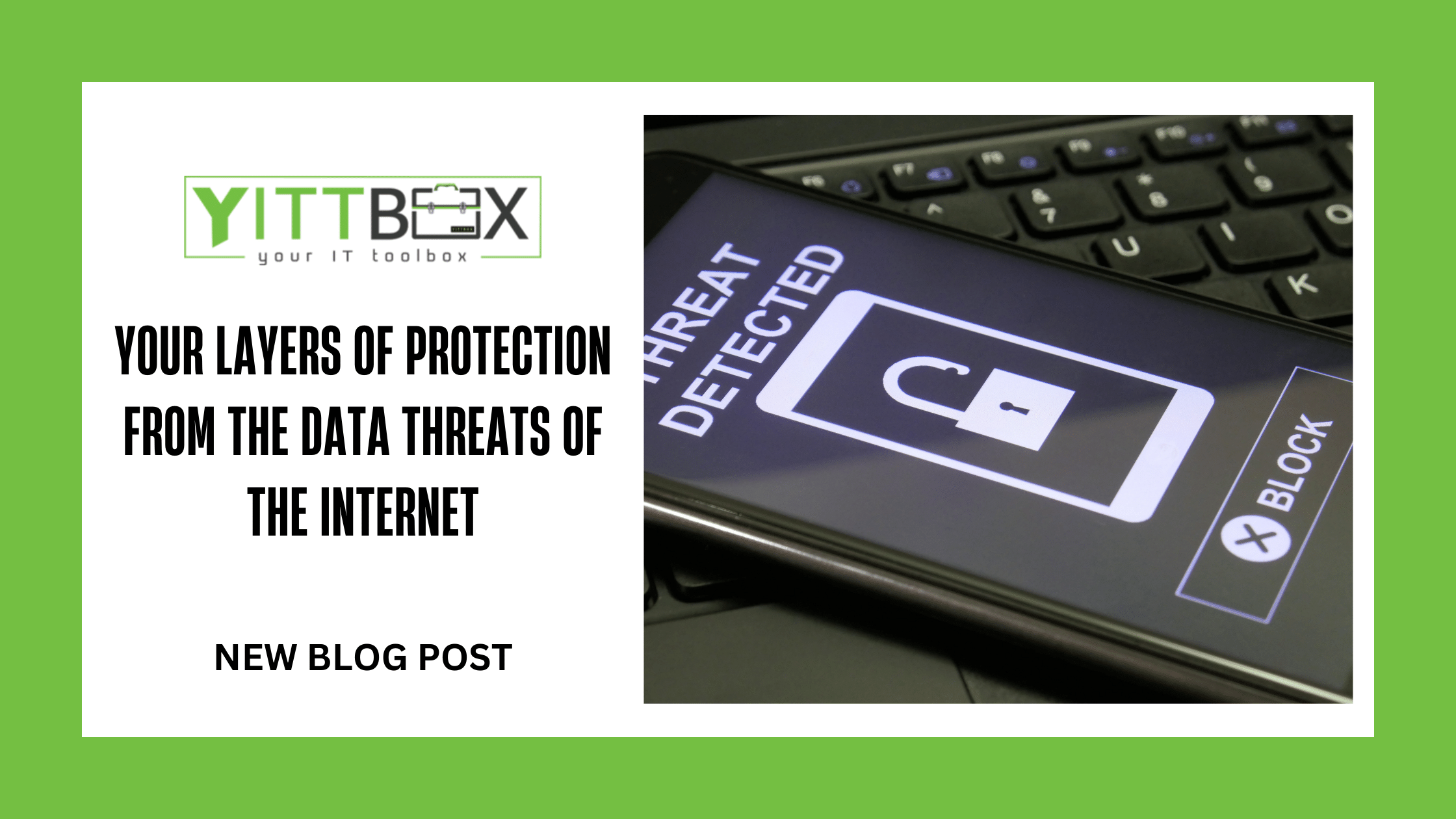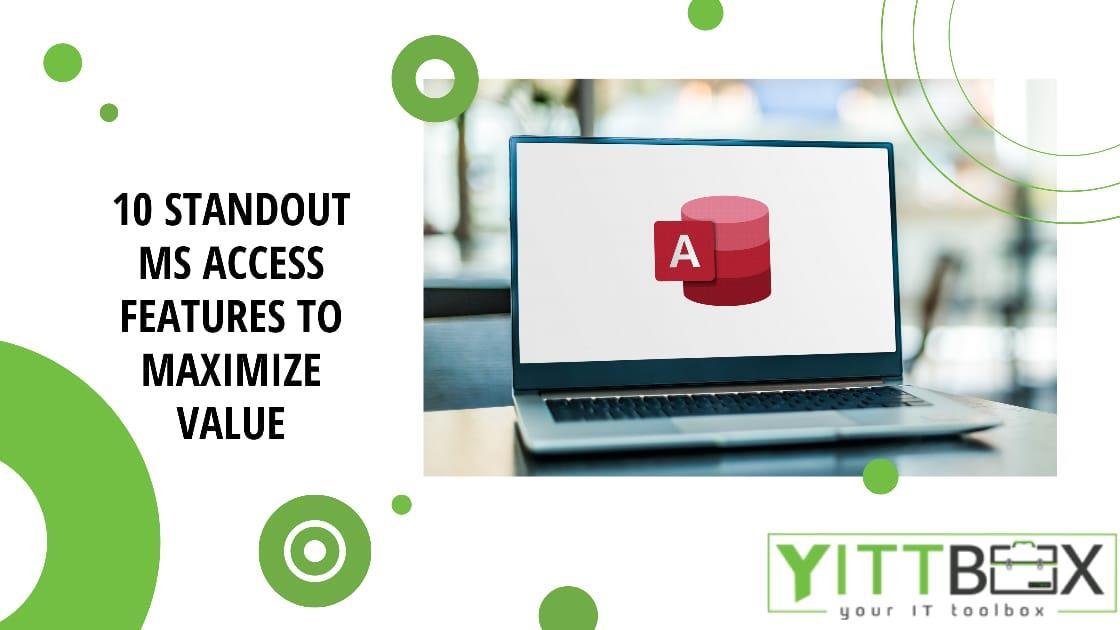In this digital era, smartphones are everybody’s best friends. They know everything–from the conversations you share with family and friends to your banking details. This small powerhouse device holds tons of sensitive information and is a target of malicious security threats. Make sure that you protect your data by following these steps.
Set a Strong Passcode or Use Password Managers
The first line of defense for your mobile device is a strong passcode or biometric authentication. Choose a passcode that is unique and hard to guess, and consider using biometric options like fingerprint or facial recognition if available. This ensures that even if your phone falls into the wrong hands, unauthorized access is prevented.
You should never use the same password for two different platforms or apps, but it’s also a huge mental burden to try to remember them all. It is highly advised to use password managers that will store all your passwords and recommend strong password suggestions when you need one.
Install Software Updates
When you see that software update notification on your device, it can be tempting to click on "Remind Me Later." However, ignoring those updates is not a good idea. In fact, they often include crucial security patches that address vulnerabilities in your operating system. So, it's important to keep your device's software up to date.
By staying on top of those updates, you're not only ensuring that you have the latest features but also enhancing your protection against emerging threats. It's like having an extra layer of security.
Download Only from Trusted Sources
When it comes to apps, stick to trusted sources such as official app stores like Google Play Store or Apple App Store. These platforms have strict security measures in place to screen apps for malware and other malicious activities. Be cautious of third-party app stores or unauthorized sources that may host compromised apps.
Review App Permissions
App permission prompts are the new T&Cs that nobody ever reads. However, it is extremely important to review what you are allowing the apps you download to access. Your contacts and your photos are just among the most common apps need to access. When an app requests permission to access data that is not related to its intended function, that is a huge red flag. Your personal data deserves protection, so choose apps that respect your boundaries and give you peace of mind
Use Secure Networks
Public Wi-Fi networks can be convenient, but they also pose security risks. Avoid accessing sensitive information or making financial transactions when connected to public Wi-Fi. Instead, use secure networks with encryption, such as virtual private networks (VPNs), to safeguard your data from prying eyes.
Backup, Backup, Backup
Regularly backing up your mobile device is crucial for security. In case of theft, loss, or hardware failure, having a recent backup ensures your data is safe and easily recoverable. Use cloud services or connect to a computer for backups, and make it a monthly habit.
Final thoughts
Keep in mind that your mobile device contains valuable personal information, and prioritizing mobile security is crucial in today's digital world. Ensure that your data is protected by following these steps.

.png)





